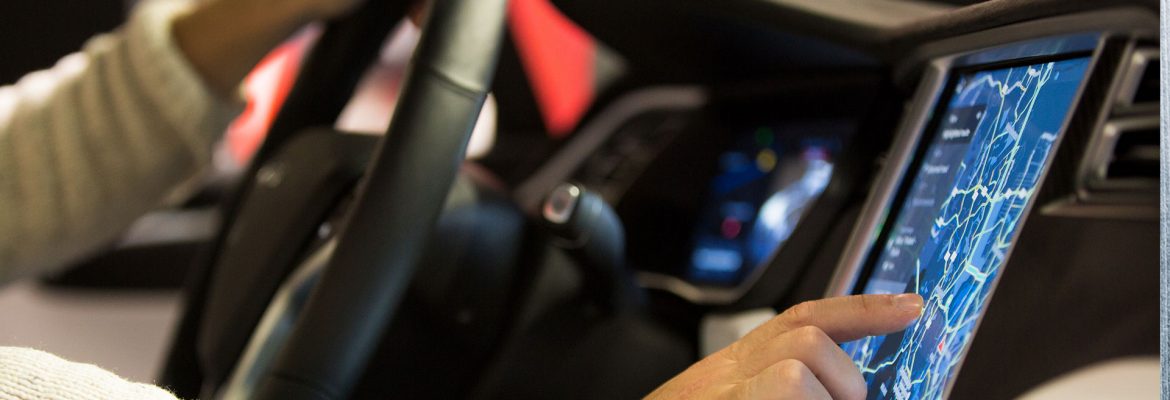Integrating malware detection software, network security functions and other back-end protection features into today’s new automobiles is quickly becoming a priority among car manufacturers.
Software development is already a component of the vehicle production, as companies such as General Motors, Ford and a list of other enterprises continue to integrate smart keys, diagnostic tools and other IT-heavy features into their products. However, are these businesses skimping on data protection?
The age of car hacking

Wired referenced an endeavor conducted by hackers Charlie Miller and Chris Valasek, who sought to rate the “hackability” of cars featuring network components such as Wi-Fi, Bluetooth, cellular network connections, keyless entry solutions and radio-readable tire pressure monitoring programs. Valasek and Miller identified the following car models as the most susceptible to cyberattacks:
- 2014 Infiniti Q50
- 2014 Jeep Cherokee
- 2015 Cadillac Escalade
In addition to assessing each vehicle’s wireless “attack surface,” they scrutinized the automobiles’ network architectures to see if they permitted access to critical systems such as steering and brakes. From there, Valasek and Miller analyzed each car’s cyber-heavy accessories like automated braking, parking and lane assist.
In regard to the Infiniti Q50, the two hackers discovered the vehicle’s radio and telematic parts were directly connected to its engine and braking systems. Worst of all, the sedan’s critical driving components possessed computer-controlled applications such as adaptive cruise control that a hacker can take advantage of to physically manipulate a car.
Preparing for a new dawn
Referencing the vulnerabilities identified by Valasek and Miller, it’s clear automotive manufacturers will have to invest heavily in network defense and administration technology. The day in which car owners are given passwords giving them administrative access to their vehicles may not be too far away.
Hiring experts specializing in this and other segments of cybersecurity is sure to become a more persistent trend among automotive production companies. According to Infosecurity Magazine, GM recently announced the appointment of a chief security officer, and Argus Cyber Security received a $4 million Series A funding round supported by Magma Venture Partners, Vertex Venture Capital and investors, one of which was Israeli tech entrepreneur Zohar Zisapel.
Why Argus? The company provides automotive companies with real-time intrusion prevention systems that have packet inspection algorithms. The technology acts as a surveillance tool that monitors incoming and outgoing car communications and identifies malicious or unusual behavior.
Investing in Argus’ technology is no doubt a solid move, but those in the automotive industry need to ensure their tech-heavy vehicles possess the security consumers deserve.

